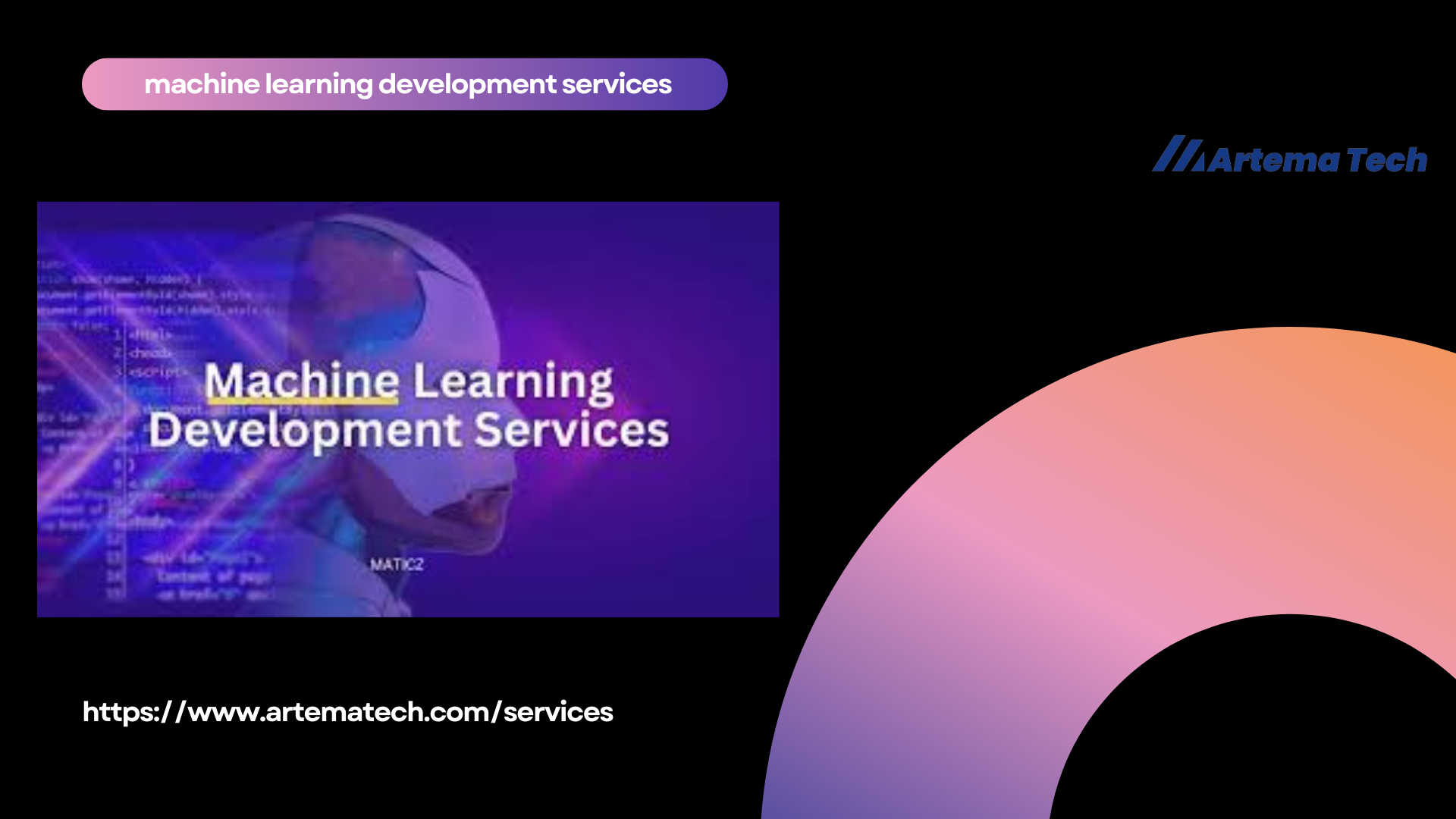Machine learning development services have emerged as a cornerstone of technological advancement, revolutionizing industries and reshaping the way we live and work. As businesses seek to leverage the power of data and artificial intelligence, the scope of machine learning development services continues to expand, encompassing a wide range of applications and possibilities.
Understanding the Core of Machine Learning Development Services
At its core, machine learning involves training computers to learn from data and make predictions or decisions without being explicitly programmed. Machine learning development companies specialize in creating and implementing customized solutions tailored to specific business needs. These services encompass a diverse array of applications, including:
- Predictive Analytics: Forecasting future trends, customer behavior, and market outcomes.
- Natural Language Processing (NLP): Enabling machines to understand and interpret human language.
- Computer Vision: Analyzing and interpreting visual data, such as images and videos.
- Recommendation Systems: Suggesting relevant products, content, or services based on user preferences.
- Fraud Detection: Identifying anomalies and suspicious activities in financial transactions.
- Autonomous Systems: Developing self-driving cars, drones, and robots.
The Expanding Horizons of Machine Learning Applications
The scope of machine learning development services is vast and ever-evolving. Here are some key areas where these services are making a significant impact:
- Healthcare:
- Disease Diagnosis: Machine learning algorithms can analyze medical images, patient data, and genetic information to assist in diagnosing diseases more accurately.
- Drug Discovery: Accelerating the process of drug development by identifying potential drug candidates and predicting their efficacy.
- Personalized Medicine: Tailoring treatment plans to individual patients based on their unique genetic makeup and health history.
- Finance:
- Risk Assessment: Evaluating creditworthiness, predicting market trends, and detecting fraudulent activities.
- Algorithmic Trading: Employing machine learning models to automate trading decisions based on real-time market data.
- Customer Churn Prediction: Identifying customers at risk of leaving a company to implement targeted retention strategies.
- Retail:
- Personalized Recommendations: Suggesting products or services that align with individual customer preferences and purchase history.
- Demand Forecasting: Predicting product demand to optimize inventory management and avoid stockouts or overstocking.
- Customer Segmentation: Grouping customers into distinct segments based on their behavior and demographics to tailor marketing campaigns.
- Manufacturing:
- Predictive Maintenance: Predicting equipment failures to prevent downtime and reduce maintenance costs.
- Quality Control: Identifying defects in products using computer vision and image analysis.
- Supply Chain Optimization: Optimizing logistics and transportation routes to improve efficiency and reduce costs.
- Customer Service:
- Chatbots and Virtual Assistants: Providing automated customer support and answering common queries.
- Sentiment Analysis: Analyzing customer feedback to gauge satisfaction levels and identify areas for improvement.
Emerging Trends in Machine Learning Development Services
Several emerging trends are shaping the future of machine learning development services:
- Artificial Intelligence (AI): Machine learning is a subset of AI, and advancements in AI are driving innovation in machine learning applications.
- Deep Learning: Deep learning techniques, such as neural networks, are enabling machines to learn from complex data and perform tasks that were previously challenging.
- Natural Language Processing (NLP): NLP is becoming increasingly sophisticated, allowing machines to understand and generate human language more effectively.
- Computer Vision: Advances in computer vision are enabling machines to recognize objects, scenes, and even emotions in images and videos.
- Edge Computing: Deploying machine learning models at the edge of the network (e.g., on devices like smartphones or IoT sensors) to reduce latency and improve privacy.
The Future of Machine Learning Development Services
As technology continues to evolve, the scope of machine learning development services will only expand. We can expect to see even more innovative applications in areas such as autonomous vehicles, healthcare diagnostics, personalized education, and climate change modeling.
In conclusion, machine learning development services have become an essential component of modern businesses. By leveraging the power of data and AI, these services can drive innovation, improve efficiency, and create new opportunities. As the field continues to advance, we can anticipate even more groundbreaking applications that will transform industries and society as a whole.


